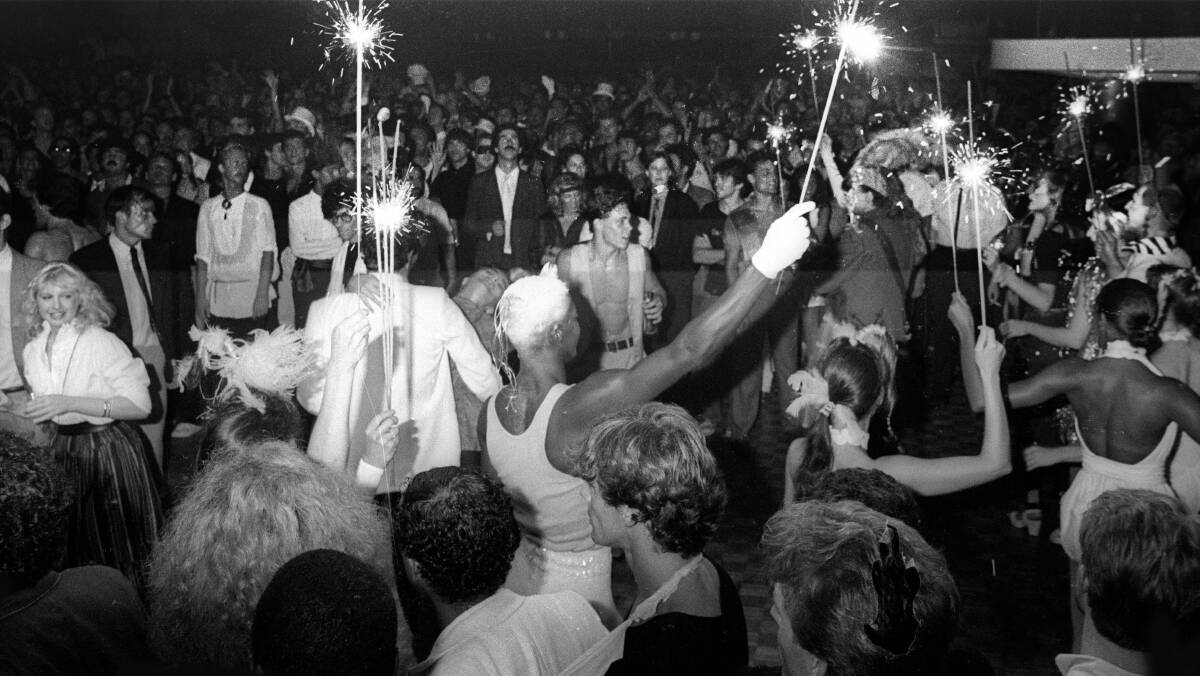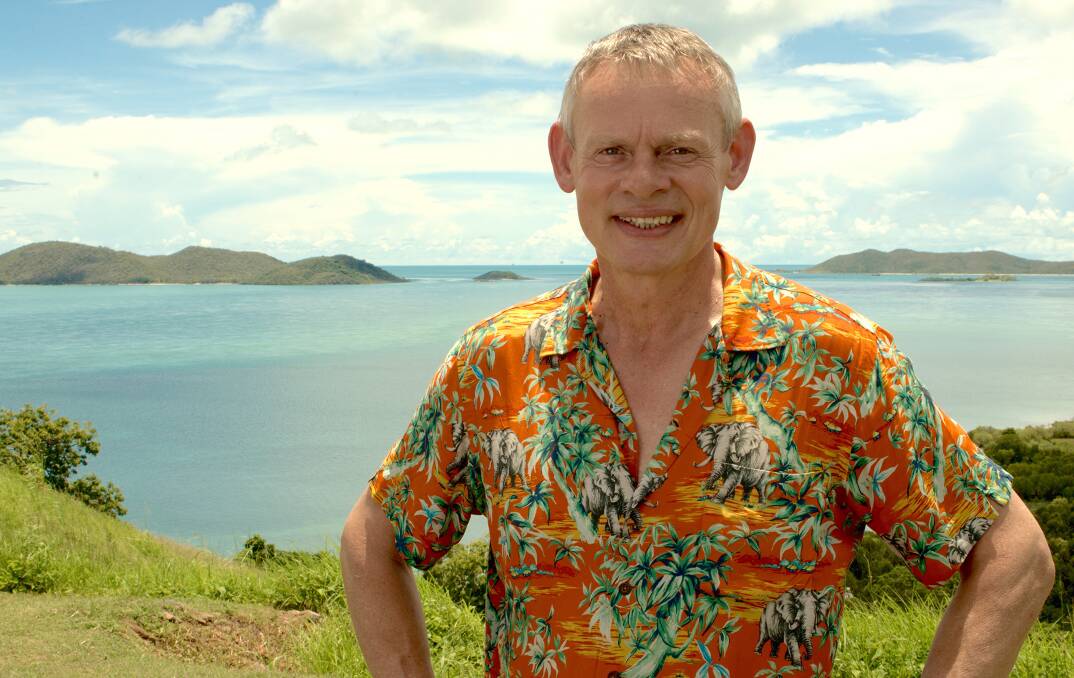
THE WAR ON DISCO
8.30pm, Wednesday, SBS Viceland
Music can play a part in helping us form an identity for ourselves. It can give us a group to belong to, a place where we can gather strength.
It can be a huge benefit to those who feel like they don't fit in anywhere; they can discover there are other people who feel the same way about a song or an artist and begin to form connections.
Perversely, it can also breed resentment from those people who don't feel part of that group.
That's what happened in the late 1970s when there was a massive backlash against disco music; especially in the US where things reached a peak with a Disco Demolition Night at a baseball park where a load of records were blown up.
The main groups who flocked to disco were the black and gay communities - both of whom had a long history of being ostracised by the wider community.
As disco grew in popularity, radio stations began changing to a disco format and clubs opened up with velvet ropes outside where people queued up in the hopes of passing muster and being allowed inside.
For those who didn't like the music these radio stations were now playing or who found themselves not allowed inside the clubs, it was their turn to feel ostracised. To feel like this was somewhere that they didn't belong.
And they didn't like that - which is always a good place for a backlash to start.
Also fuelling that was a radio DJ by the name of Steve Dahl. He had been working for a rock radio station but lost his job when they changed to a disco format.
Resentful, Dahl started a campaign against disco - because it took his job and because it wasn't rock and roll.
That culminated with Dahl's Disco Demolition Night at Comiskey Park, in the middle of a baseball double header.
People were told to bring a disco record along so as to see it destroyed; to everyone's surprise the park was sold out.
In between games, a giant box of disco vinyl was wheeled out and blown up, leaving a gaping hole in the baseball outfield.
Then thousands of fans ran out onto the field and a riot of sorts occurred.
And, by the way, the second baseball match had to be forfeited.
It hastened the decline of disco, with record labels choosing to relabel it dance music - which was a more accurate description anyway.
This documentary does an excellent job of capturing this time and highlighting some of the nasty undercurrents running beneath the surface of the fight against disco.

MARTIN CLUNES - ISLANDS OF AUSTRALIA
8.30pm, Thursday, ABC
There are 8220 islands dotted around Australia - who knew that? I certainly didn't.
Obviously Clunes doesn't visit all of them in this series; that would take more than 22 years.
But he does visit Fort Denison in Sydney Harbour (I'd never seen inside that place before), Lord Howe Island and Norfolk Island among others.
Clunes is a likeable host who tends to know we're here more to see the scenery and hear from the locals on the islands than him.
And there is some great scenery here, especially when it comes to Lord Howe Island.
I reckon that's a place I might have to visit one day.


